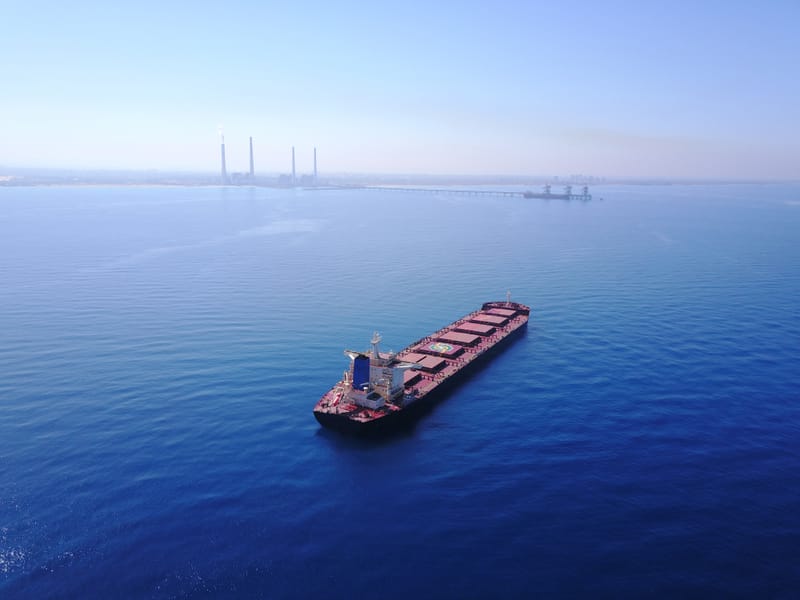MAZ for maritime fuels

International shipping is a highly competitive business and operational costs are tightly controlled. Any fuel savings from fuel consumption contributes to improved profitability.
In both lab and field testing, MAZ has achieved fuel savings that more than pays for its treatment cost.
CO2 emissions will increase expenses for shipping
CO2 tax or mandatory purchase of CO2 emission quotas (emission allowances) for shipping is being implemented in several regions of the world. Improved fuel efficiency from MAZ results in reduced emissions of CO2 and additional savings.
Under the EU plan, beginning in 2024, intra-European shipping will be required to purchase allowances under the EU ETS (Emission Trading System) for 100 per cent of their CO2 emissions. For extra-European routes to and from the EU, allowances for 50% of the emissions, increasing to 100% in 2027, will be required.
Similar regulations are currently being considered by other countries (i.e. China, Japan).
In addition, the International Maritime Organization (IMO) regulating global shipping will, from January 1, 2023, enforce a maximum limit of allowed amount of CO2 emitted per transport work (tonnes-nautical miles). The maximum allowed value will be tightened yearly by 2%, a regulation that will force many ship operators to implement fuel saving measures to achieve renewal of certificates required for continued operation of their vessel.
Reducing fuel consumption by MAZ will have a three-fold customer value:
1. Reduced fuel cost
2. Reduced cost of CO2 allowances
3. Help maintain compliance with IMO regulations for max CO2 emissions
| Example | |
|---|---|
Fuel price | 950 $USD/ton fuel bunkered |
CO2 emission allowance | 80 $USD/ton CO2 (1 ton fuel emits 3.2 tons CO2) |
Total cost pr ton fuel | 1,206 $USD/ton fuel consumed |
| Savings $USD/ton fuel consumed | |
|---|---|
Fuel savings 4% | 48,2 |
Fuel savings 5% | 60,3 |
Fuel savings 6% | 72,4 |
In addition: Reduced deposits and cleaner engines may contribute to reduced maintenace efforts and cost.